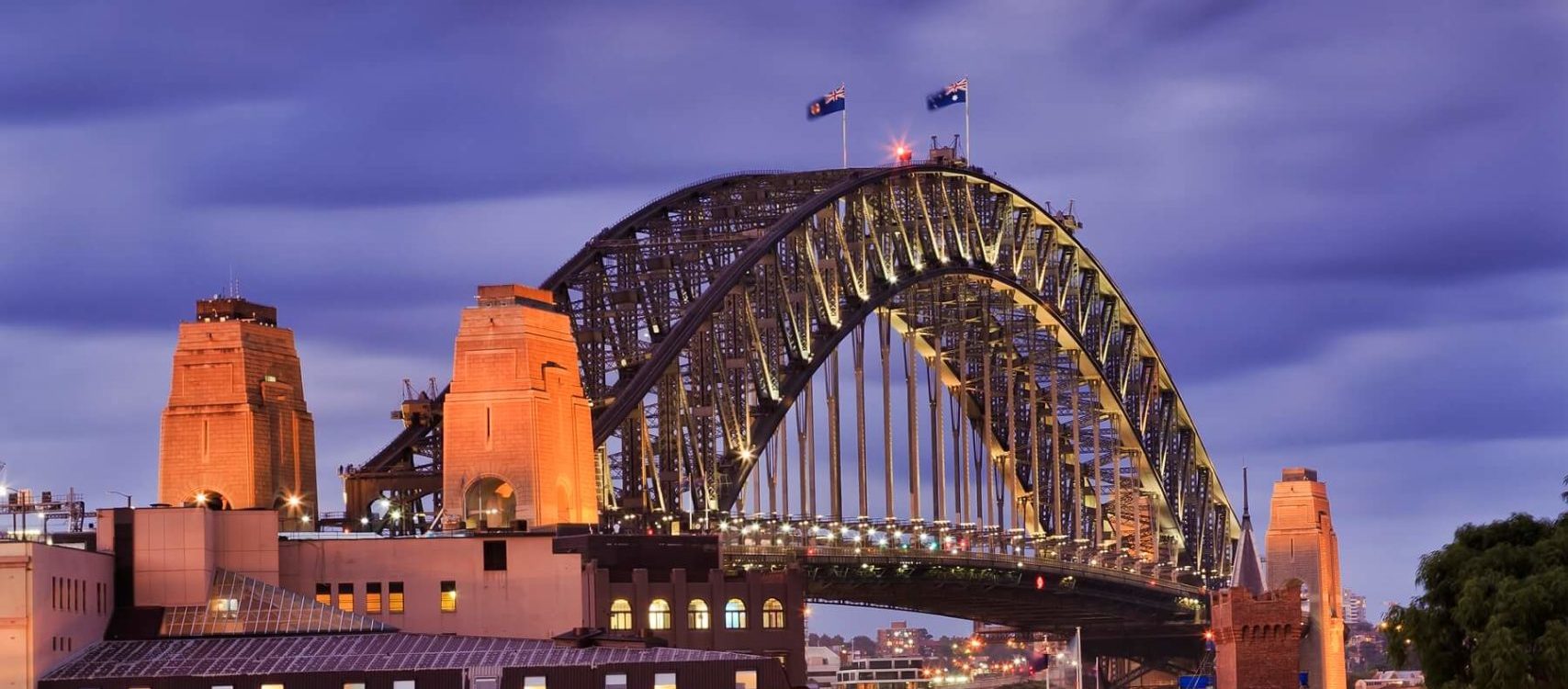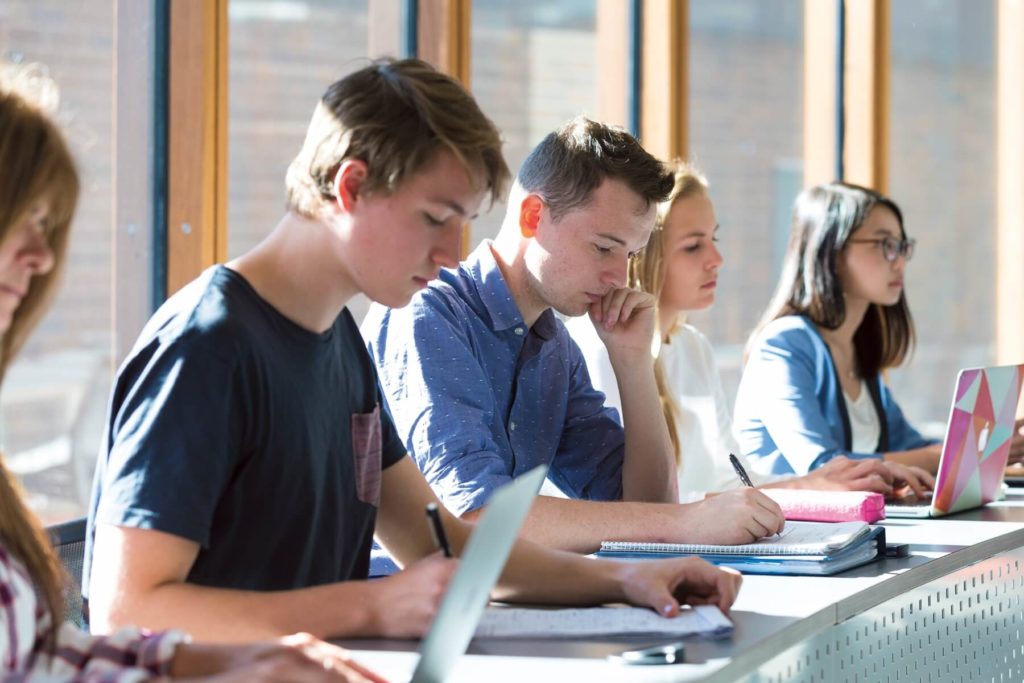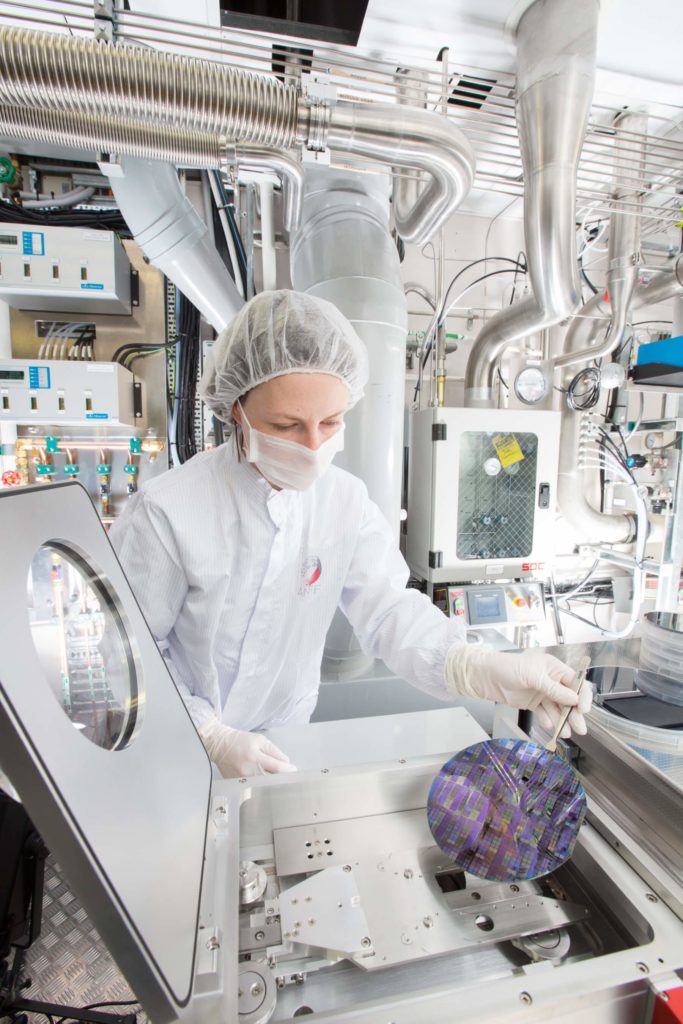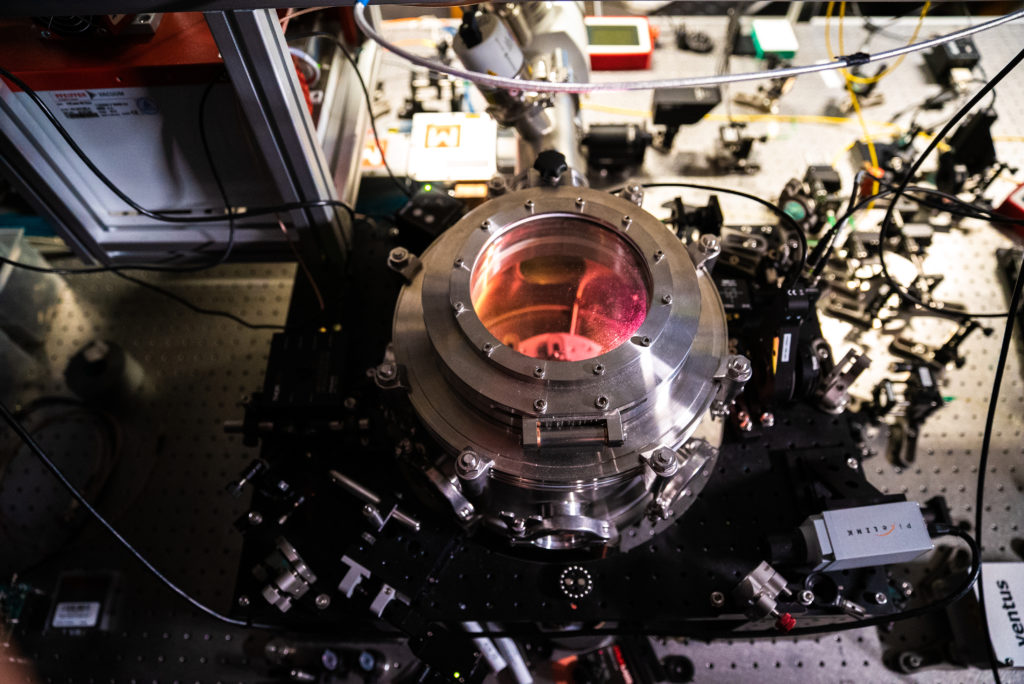Macquarie University
Macquarie University hosts the Centre for Quantum Engineering (MQCQE) with eight core research groups designing second-generation quantum machines. This includes hardware for quantum simulators, quantum sensors and quantum computers, and quantum algorithms for these devices. The Quantum Materials and Applications (QMAPP) group runs three laboratories on campus and at CSIRO, focused on optomechanics and levitation, cavity electrodynamics, and solid-state quantum control. The centre maintains partnerships with Google and Lockheed Martin and is a node in the Australian Research Council Centre of Excellence for Engineered Quantum Systems (EQUS).











